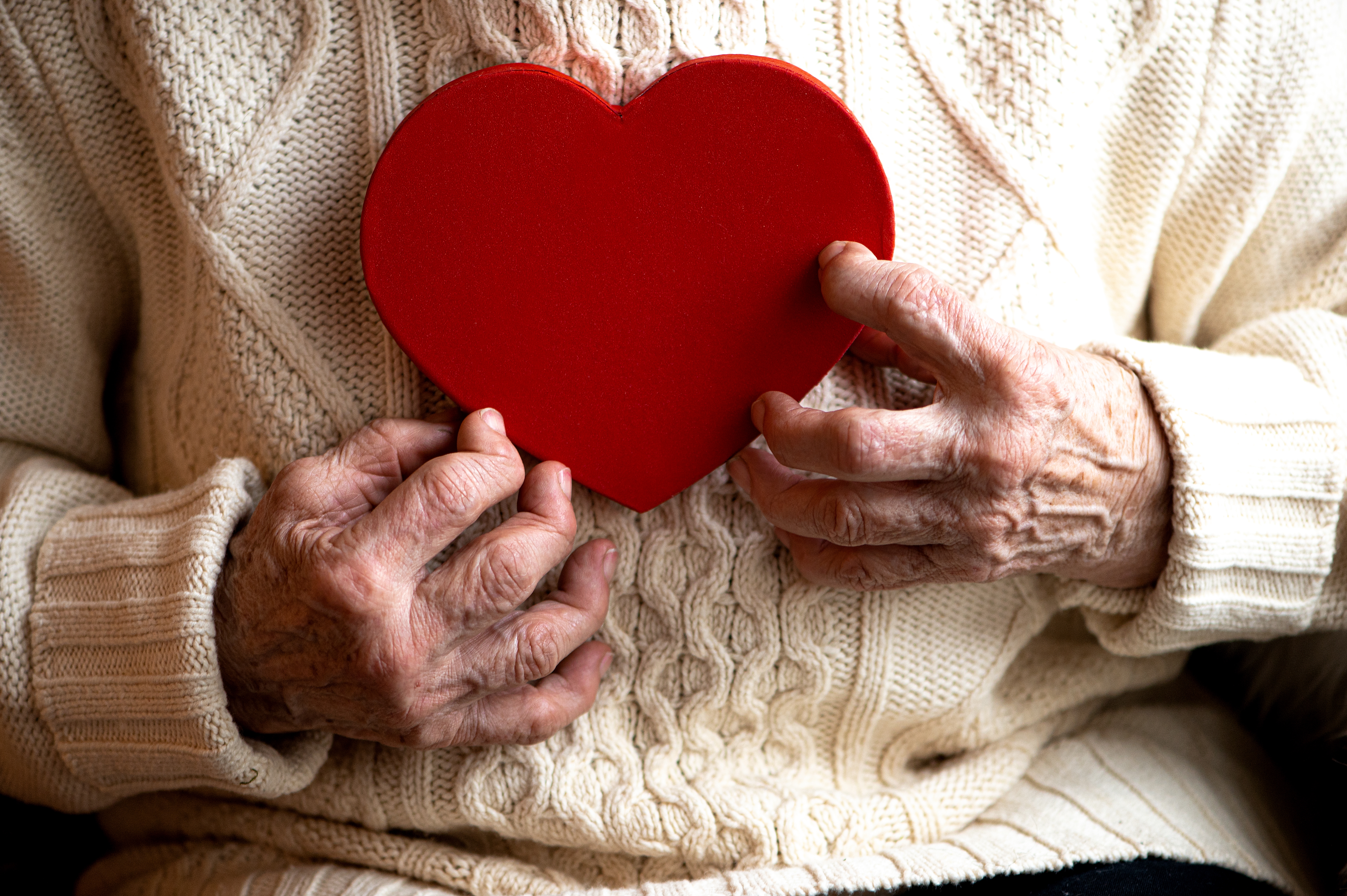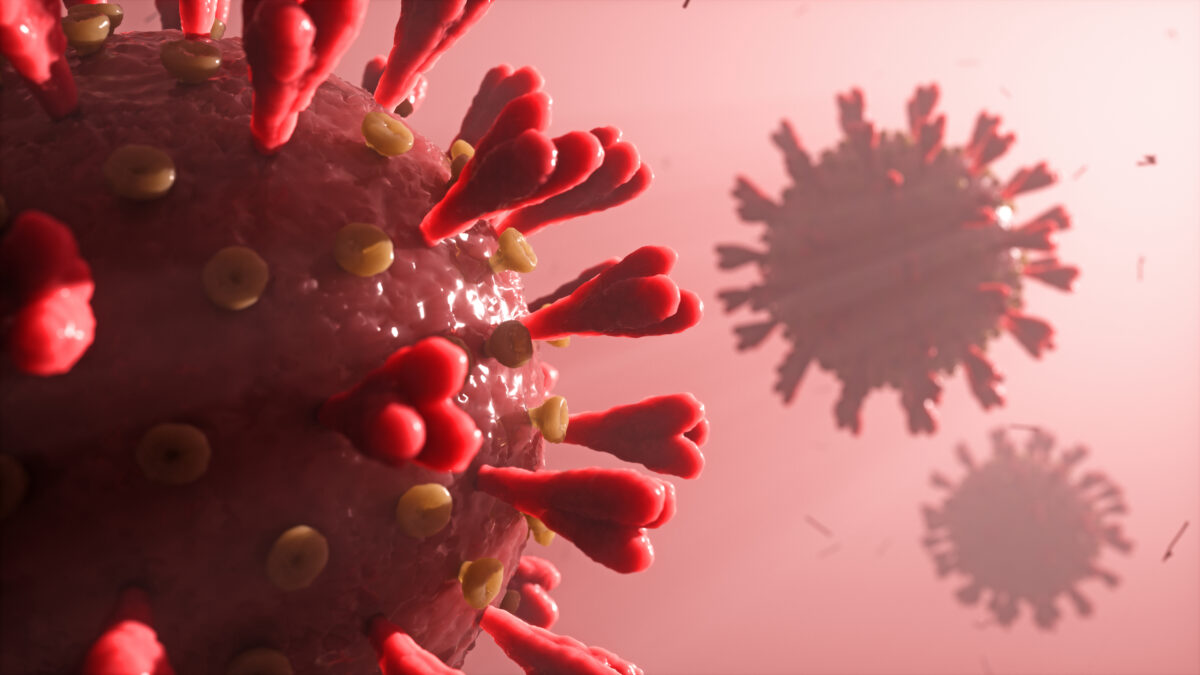CDC’s Heart Alert: Essential Information on Vaccines and Cardiovascular Health
In recent times, the Centers for Disease Control and Prevention (CDC) has issued alerts related to heart health and vaccines, drawing attention to a critical aspect of public health. While vaccines have played a pivotal role in combatting various diseases, including the ongoing COVID-19 pandemic, it’s essential to understand the context and implications of these alerts.
Understanding the CDC’s Heart Alert:
The CDC’s heart alert primarily revolves around the potential risk of myocarditis and pericarditis, two types of heart inflammation, following vaccination, particularly among young adults and adolescents. This alert has generated considerable discussion and concern, but it’s crucial to put it in perspective.
- Myocarditis and Pericarditis: Myocarditis involves inflammation of the heart muscle, while pericarditis affects the lining around the heart. These conditions can cause chest pain, fatigue, and, in severe cases, heart rhythm abnormalities.
- Post-Vaccination Cases: The CDC has observed a higher-than-expected number of myocarditis and pericarditis cases in individuals under 30 years old, primarily after receiving mRNA COVID-19 vaccines like Pfizer and Moderna. However, it’s important to note that these cases remain rare.
Balancing Benefits and Risks:
It’s crucial to remember that the CDC’s heart alert does not imply vaccines are unsafe. In fact, the benefits of vaccination, especially against COVID-19, far outweigh the potential risks. Here’s why:
- COVID-19 Risks: COVID-19 itself poses a significant risk to heart health. The virus can lead to severe cardiovascular complications, including myocarditis, blood clotting issues, and long-term heart problems.
- Relative Risk: The risk of developing myocarditis or pericarditis after vaccination is significantly lower than the risk of experiencing these conditions after a COVID-19 infection.
- Treatment and Monitoring: Most cases of post-vaccination heart inflammation are mild and resolve with appropriate treatment. The CDC recommends close monitoring and prompt medical care for anyone experiencing symptoms.
- Benefits of Vaccination: Vaccines have been instrumental in reducing the spread of COVID-19, preventing severe illness, hospitalizations, and deaths. They are a crucial tool in ending the pandemic.
Individual Considerations:
The decision to get vaccinated should be based on individual circumstances and discussions with healthcare providers. Here are some key considerations:
- Age: Young adults and adolescents should be aware of the potential risks of heart inflammation but should also consider the benefits of vaccination, especially in areas with high COVID-19 transmission rates.
- Medical History: Individuals with a history of heart conditions may want to discuss vaccination with their doctors to assess their individual risk.
- Informed Choice: Being informed about the potential risks and benefits of vaccination is essential. Consult trusted sources like the CDC, WHO, and your healthcare provider for guidance.
The CDC’s heart alert regarding myocarditis and pericarditis following vaccination highlights the importance of informed decision-making. While there are potential risks, the benefits of COVID-19 vaccination, including protection against severe illness and its impact on heart health, cannot be overstated. It’s crucial to approach vaccination with a balanced perspective, considering individual factors and consulting healthcare professionals such as Dr. Basile to make the best choice for one’s health and the well-being of the community.


